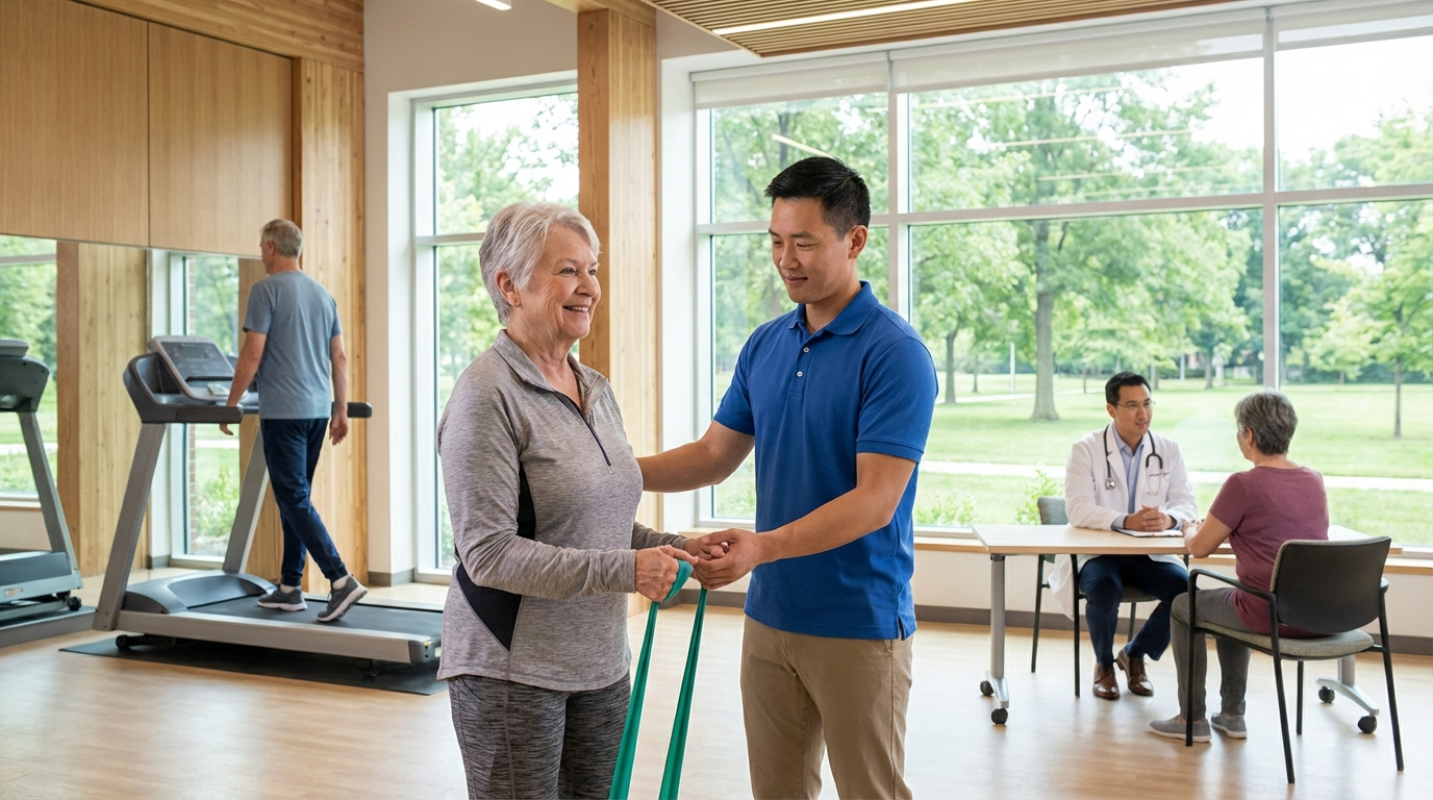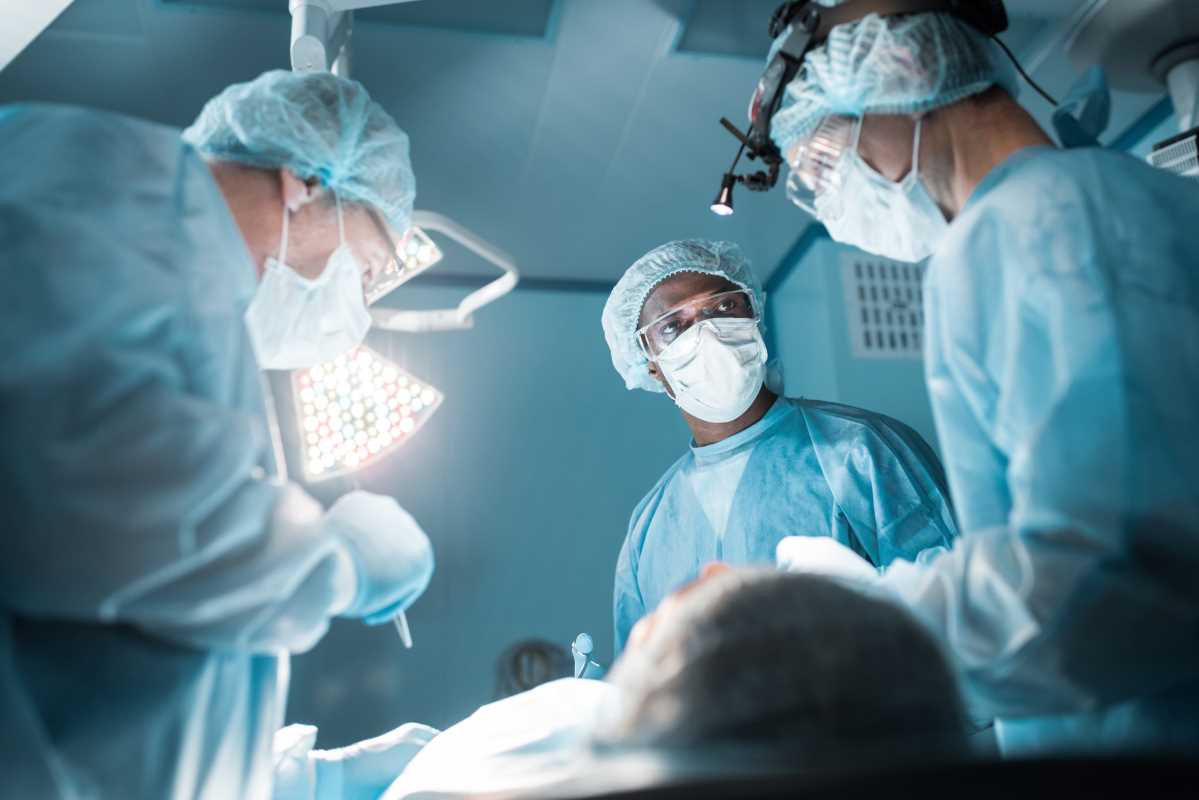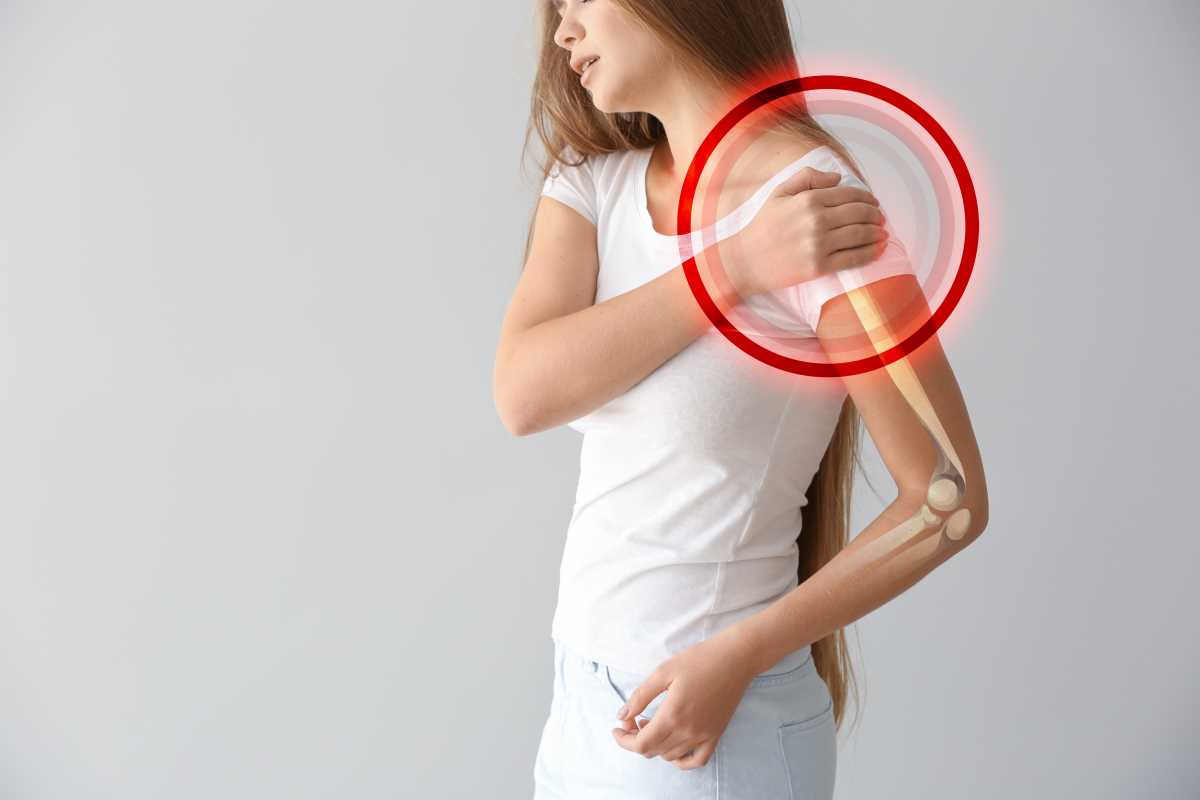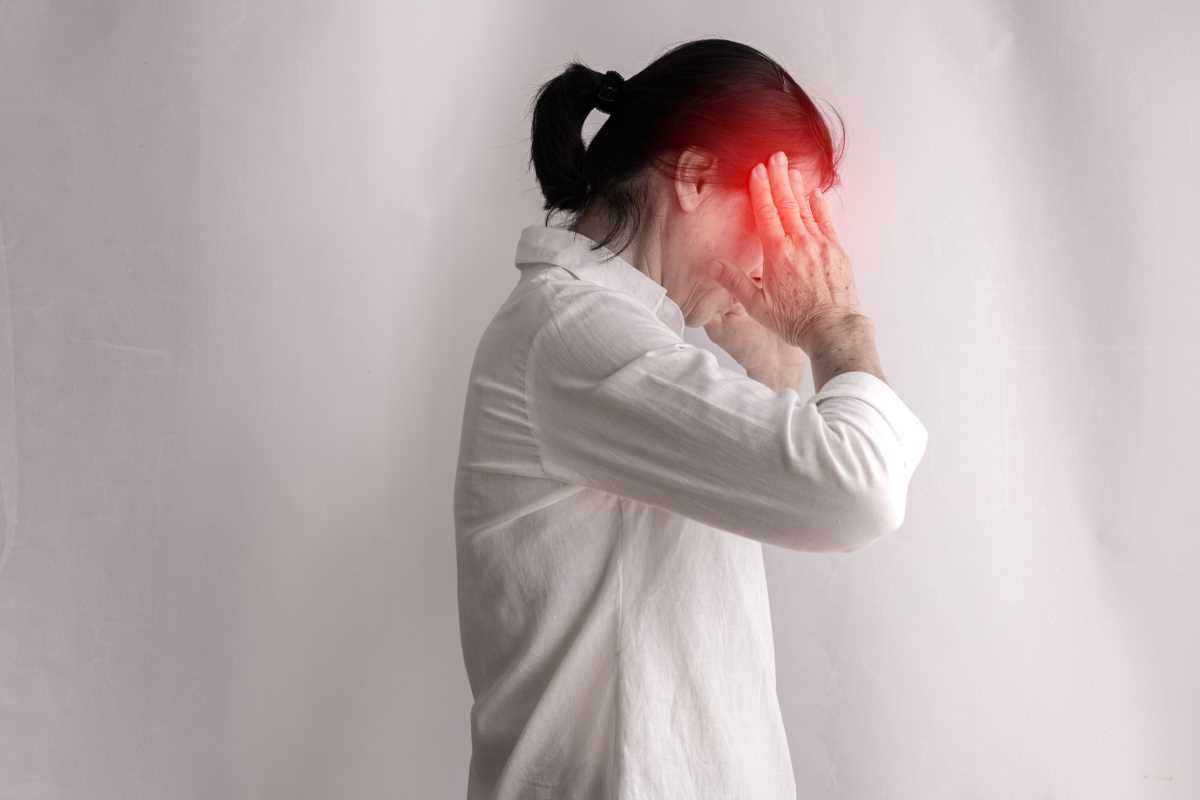Chemotherapy can be an overwhelming experience, and if you or someone you care about is going through it, the process might feel like navigating uncharted territory. While chemo is a powerful tool in the fight against cancer, it often comes with side effects that can impact your daily life. The good news is that there are plenty of ways to manage these challenges and stay as comfortable and healthy as possible throughout treatment. By understanding why side effects happen, what to expect, and how you can handle them, you’re already taking an important step in your healthcare journey.
Why Does Chemotherapy Cause Side Effects?
To understand chemotherapy’s side effects, it helps to know how this treatment works. Chemotherapy targets and attacks rapidly dividing cells, which is how it fights cancer. Unfortunately, it can’t always tell the difference between healthy, fast-growing cells (like those in your hair, skin, and digestive system) and cancer cells. This is why side effects occur in places like your stomach, mouth, and hair follicles.
Not everyone experiences the same side effects, and their severity can vary depending on the type of chemo, dosage, and your overall health. Some people feel mild discomfort, while others have more intense challenges. The key is to be proactive and prepared.
Common Side Effects of Chemotherapy
Before we get into how to manage side effects, here’s an overview of some common ones you might encounter.
1. Fatigue
Feeling tired all the time is one of the most common side effects of chemotherapy. This type of fatigue isn’t just about being sleepy; it can make even small tasks feel exhausting.
2. Nausea and Vomiting
Many people worry about nausea and vomiting during chemo. While this isn’t guaranteed to happen, it’s a common concern for patients undergoing treatment.
3. Hair Loss (Alopecia)
Chemo can cause temporary hair loss because it targets fast-dividing hair follicle cells. This can include scalp hair, eyebrows, eyelashes, and even body hair.
4. Changes in Appetite or Taste
You may notice that food doesn’t taste the same or that you lose interest in eating altogether during treatment.
5. Mouth and Throat Issues
Sores, dryness, or sensitivity in the mouth or throat can make eating and drinking uncomfortable.
6. Low Blood Cell Counts
Chemotherapy can lower your red blood cells, white blood cells, or platelets. This can lead to anemia, higher risks of infection, or increased bruising and bleeding.
7. Skin and Nail Issues
Your skin might become dry or itchy, and your nails could become brittle or discolored during treatment.
8. Mental and Emotional Changes
“Chemo brain” is a term some people use to describe temporary memory issues, focus problems, or mental fog during treatment. Emotional challenges like anxiety or sadness are also very common.
Strategies for Managing Chemotherapy Side Effects
While chemo side effects might seem overwhelming, there are many ways to manage them effectively. Here’s how:
Fatigue
- Pace Yourself: Listen to your body and take breaks whenever you need to. Focus on essential tasks and don’t hesitate to ask for help from friends or family.
- Stay Active: Light exercise, like a short walk, can actually help boost your energy levels.
- Get Enough Sleep: Make sure you’re getting quality rest at night. You might find it helpful to take short naps during the day too.
Nausea and Vomiting
- Medication: Ask your doctor about anti-nausea medications (also called antiemetics). These can be very helpful in controlling nausea.
- Eat Small Meals: Large meals can make nausea worse. Instead, try eating smaller portions throughout the day.
- Avoid Triggers: Strong smells or spicy foods may worsen nausea. Stick to bland, easy-to-digest options like crackers or toast when you’re feeling queasy.
Hair Loss
- Prepare Ahead of Time: Consider cutting your hair short before it starts to fall out. Some people also opt for wigs, scarves, or hats.
- Protect Your Scalp: Use gentle shampoos and protect your scalp from the sun by wearing a hat or applying sunscreen.
- Look Ahead: It’s important to remember that hair loss during chemo is usually temporary, and your hair will likely grow back after treatment.
Changes in Appetite or Taste
- Experiment with Foods: Don’t be afraid to try new flavors if familiar ones no longer appeal to you.
- Keep Snacks Handy: If eating full meals is too hard, snack on nutrient-rich foods like nuts, yogurt, or fruits throughout the day.
- Stay Hydrated: Drinking enough water is just as important as eating. Hydration can also help with taste changes.
Mouth and Throat Issues
- Practice Good Oral Care: Brush your teeth gently with a soft-bristled toothbrush and rinse your mouth regularly. Avoid alcohol-based mouthwashes.
- Choose Soft Foods: Things like yogurt, applesauce, or soup can be easier to eat if your mouth feels sore.
- Stay Cautious: Avoid spicy, acidic, or crunchy foods that may irritate sensitive tissue in your mouth.
Low Blood Cell Counts
- Boost Your Diet: Eating a balanced diet with plenty of iron, protein, and vitamins can help support your blood cell production.
- Reduce Infection Risk: Wash your hands regularly, avoid large crowds, and stay away from people who are sick to protect yourself when your immune system is weak.
- Look for Symptoms: If you notice easy bruising, unusual tiredness, or signs of infection such as fever, contact your doctor right away.
Skin and Nail Issues
- Moisturize Daily: Combat dryness and itchiness by using fragrance-free moisturizers frequently.
- Sun Protection: Wear sunscreen and protective clothing to prevent skin sensitivity.
- Gentle Nail Care: Keep nails trimmed and avoid harsh nail products to reduce brittleness.
Mental and Emotional Changes
- Be Patient with Yourself: Mental fog and memory lapses aren’t your fault and usually improve after treatment ends.
- Use Tools: Write things down, keep lists, or set reminders if you’re struggling to keep track of tasks.
- Seek Support: Whether it’s through a counselor, support group, or simply talking to loved ones, don’t hesitate to share how you’re feeling.
The Importance of Communication with Your Healthcare Team
One of the most important things to remember during chemotherapy is to stay in close communication with your healthcare providers. They are there to help you manage side effects and keep the treatment process as smooth as possible. Don’t hesitate to:
- Report any side effects you’re experiencing, even if they seem minor.
- Ask about medications or alternative therapies to manage discomfort.
- Bring up any emotional or mental health concerns you have.
Your medical team can guide you through personalizing your care to fit your needs. Remember, there’s no such thing as a “silly” question when it comes to your health.
Self-Care and Emotional Health During Chemotherapy
Going through chemotherapy can take a toll, but self-care can make a big difference in how you feel physically and emotionally. Here are some tips for keeping yourself in a good place:
- Stay Connected: Lean on friends, family, or support groups for encouragement. Talking to others who understand what you’re going through can make the experience less isolating.
- Focus on What You Can Control: From eating well to getting rest, small steps can give you a sense of empowerment during treatment.
- Make Time for Joy: Whether it’s through reading, music, or simply being with loved ones, doing things that make you happy is just as important as managing physical symptoms.
 (Image via
(Image via





